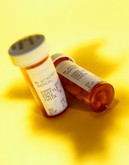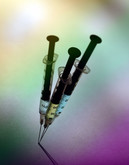Biosimilars/Research
|
Posted 28/01/2010
One area of great interest to developers, copiers and improvers of therapeutic antibodies is glycosylation, since it can significantly influence the safety and efficacy profiles of the drug. In an article by Claire Morgan and Daryl Fernandes of Ludger published in IPI of Autumn 2009, it is shown how both the original drug manufacturers and the designers of follow-on biologics could produce biobetter antibodies through glycoengineering. In particular, they examine strategies for optimising both fragment antigen-binding (Fab) and fragment crystallisable (Fc) region glycosylation to produce monoclonal antibodies (MAbs) with improved clinical performance and better commercial profiles compared to existing drugs.























